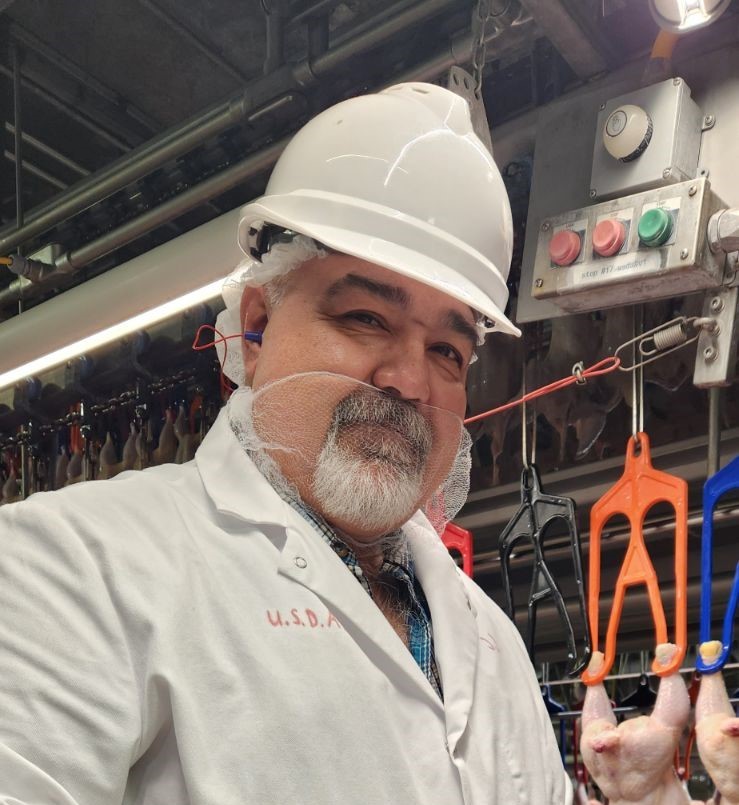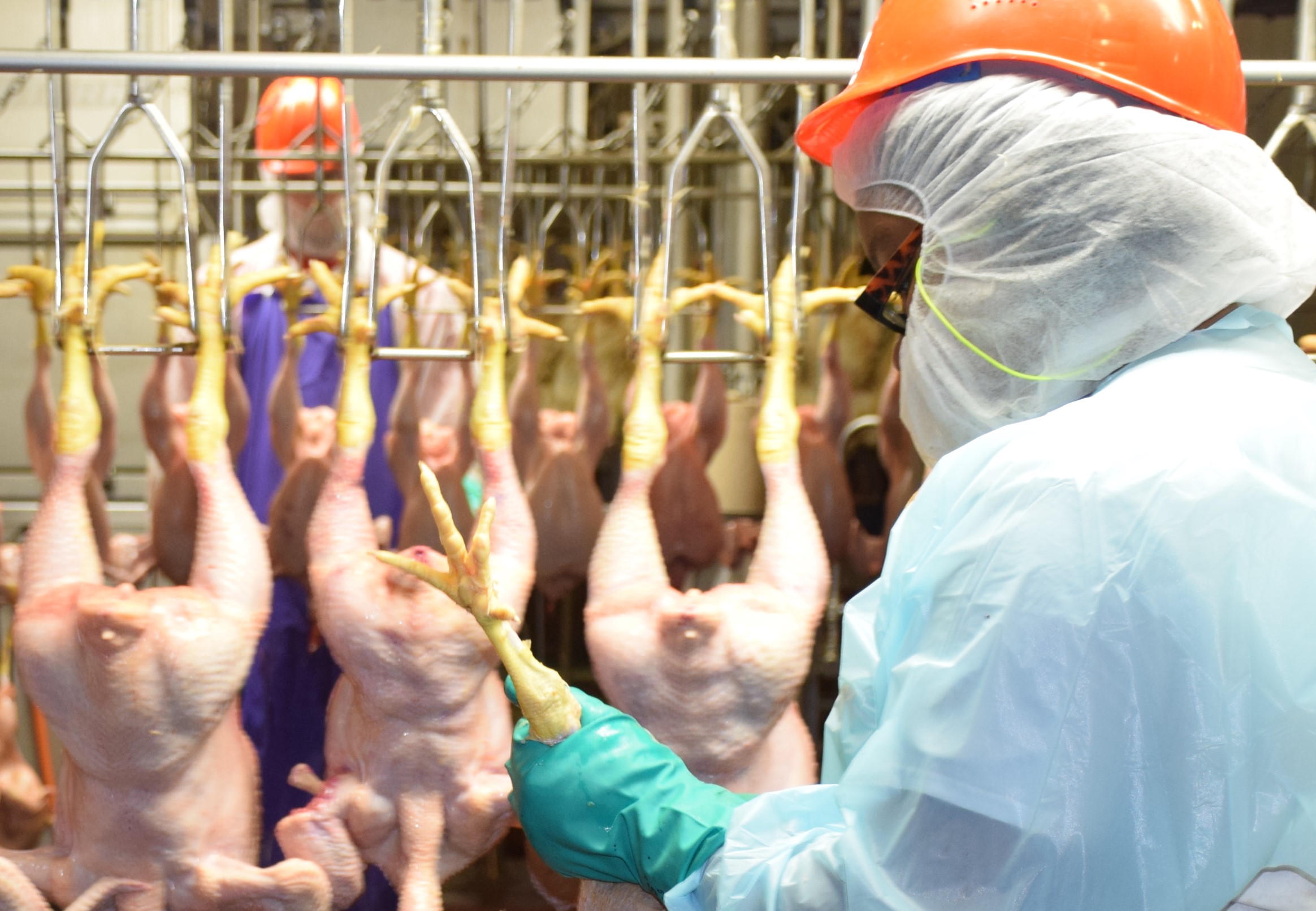
ARCHIVE: Modernizing Egg Inspection
This story is an archived copy and may not reflect the most up to date information. Please visit the Employee section of our site for the latest employee information.
By Felicia Thompson, OPACE
Editor’s note: In the coming months, the editors of Food for Thought will be exploring plant processes. This week we focus on egg products and the changes to egg inspection.
Fifty years ago, Congress passed the Egg Products Inspection Act, which called for continuous inspection of processed liquid, frozen, and dried egg products to ensure they are wholesome, otherwise not adulterated, and properly labeled and packaged. For the past 25 years, FSIS was charged with that mandate. Today, the Agency’s long-held goal of using Hazard Analysis and Critical Control Points (HACCP) and Sanitation Standard Operating Procedures (SSOP) is coming to egg products inspection in a phased approach.
Said Dr. Dawn Sprouls, district manager in Des Moines, “The changes that surround egg products inspection gives the Agency an opportunity to address and adapt to the environment that we are in. It will bring egg products inspection in line with the same rules of practice that FSIS has in place for the meat and poultry industry.” The Agency will be moving away from a command and control model, which hampers innovation, and moving to a HACCP model that allows establishments to design their own robust food safety plans that suit their individual needs.
The Phases
While some transitions started in December 2020, the next two phases involve the implementation of the SSOP (in October 2021) and HACCP (in October 2022) requirements. These changes will directly support the Agency’s food safety mission and will require egg product plants to develop food safety systems and procedures like that of the meat and poultry industry.
“This is a significant milestone to integrate HACCP inspection into all of our regulated products,” said Administrator Paul Kiecker. “Under the new rule, federally inspected egg product plants are required to develop and implement HACCP and SSOPs. HACCP will allow establishments to have input into their own food safety systems and tailor their individual needs. The SSOP will give establishments more flexibility and the incentive to innovate new methods to achieve enhanced food safety. Our role will be to ensure food safety and make sure the establishments follow the protocols they put in place.”
The final phase will take effect in October 2023 and shifts regulatory authority over egg substitutes and freeze-dried egg products—which pose the same risk as egg products—from the Food and Drug Administration to FSIS. Under FSIS regulation, egg substitutes will be tested for Salmonella and for Listeria monocytogenes, as egg products already are.
There are approximately 100 FSIS inspectors who are assigned to about 80 egg product plants across the country. Some have seen changes in position description, title and pay, and all have been given more training since the changes to egg inspection were first announced in June 2020.
All these employees will be helping further prevent foodborne illness in their new roles, from the first transitions in December 2020 to assuming regulatory responsibilities over egg substitutes in 2023.
To learn more, visit Egg Products and Food Safety | Food Safety and Inspection Service (usda.gov).




